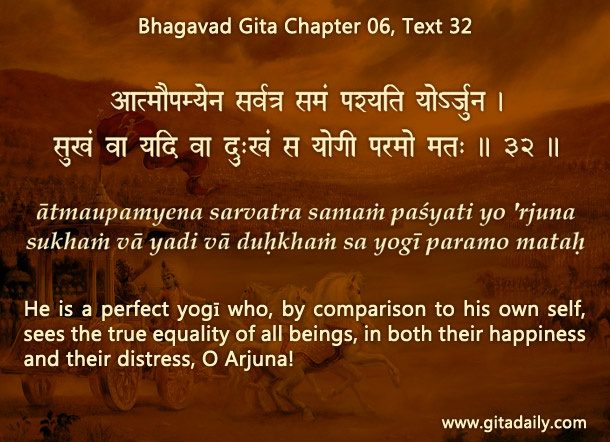Most of us may agree that it’s not good to gossip. We may even believe that we never gossip. But to be sure about that, we need to know what gossip is.
Gossip usually meets these three criteria:
- We hear something we like
- What we hear is about someone we don’t like
- Telling others that thing is something we like
So much information comes to us nowadays; what catches our attention is usually something we like. We may like it for various reasons: it’s about a subject that attracts us, it’s just so wonderful as to be naturally likeable, it’s about someone we are interested in.
Among the people who interest us is an unlikely sub-category: people we don’t like. They interest us because we are looking, consciously or subconsciously, for something to justify or reinforce our dislike for them. That’s why when we hear something negative about them, say, something salacious or scandalous or censorious, we naturally like it — it’s the additional arrow our quiver has been hungering for.
Having got that information, we long to speak it to others, in fact, to as many people as we can. Even when we are conversing about some other subject, we seek to bring that tidbit into the conversation. And the further that tidbit spreads, the more our pleasure increases.
How can we avoid gossiping? By understanding how we all share the same joys and sorrows because we all are essentially similar and spiritual (Bhagavad-gita 06.32). Just as gossip about us can hurt us, so too can gossip about others hurt them. Just as we wouldn’t want others to hurt us, we shouldn’t hurt them. By thus increasing our empathy, we can curb our tendency to gossip.
One-sentence summary:
When we like to speak something that we like about someone we don’t like, we are likely to be gossiping
Think it over:
- What criteria can help us assess whether we are gossiping?
- Using these criteria, check for a day or a week how often you gossip.
- How can you become more empathetic toward others?
***
06.32: He is a perfect yogi who, by comparison to his own self, sees the true equality of all beings, in both their happiness and their distress, O Arjuna!


Leave A Comment